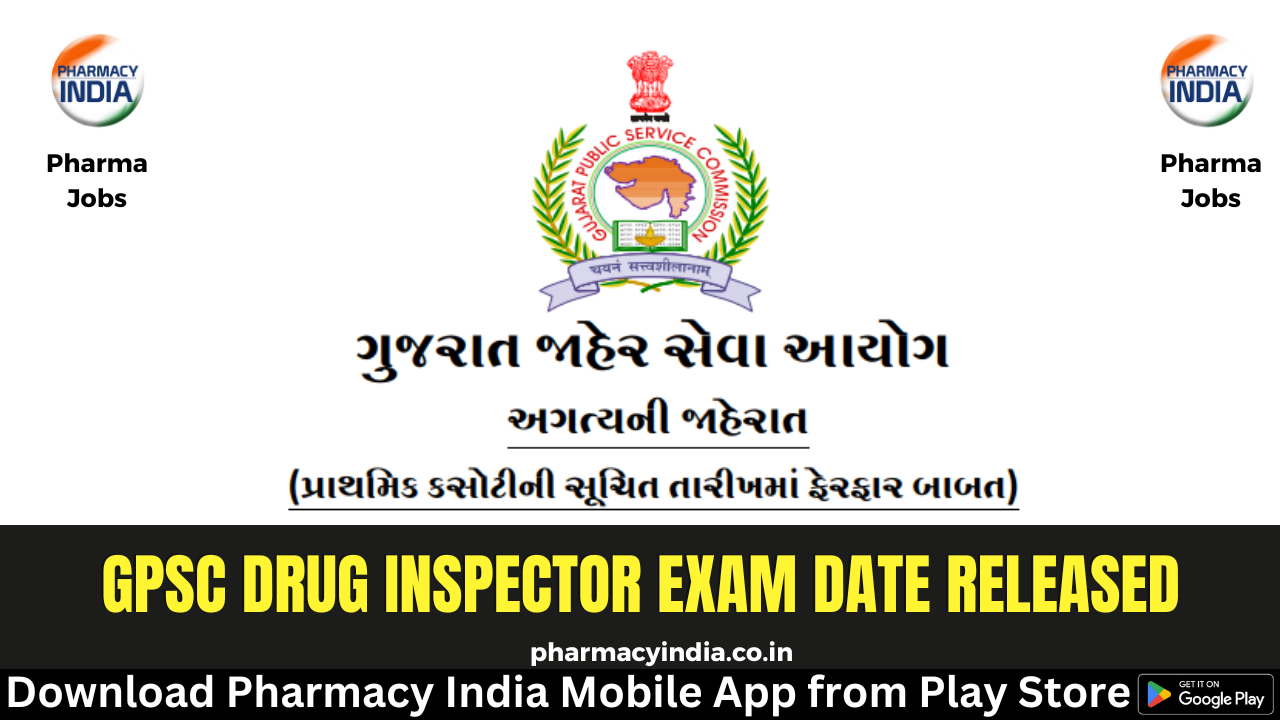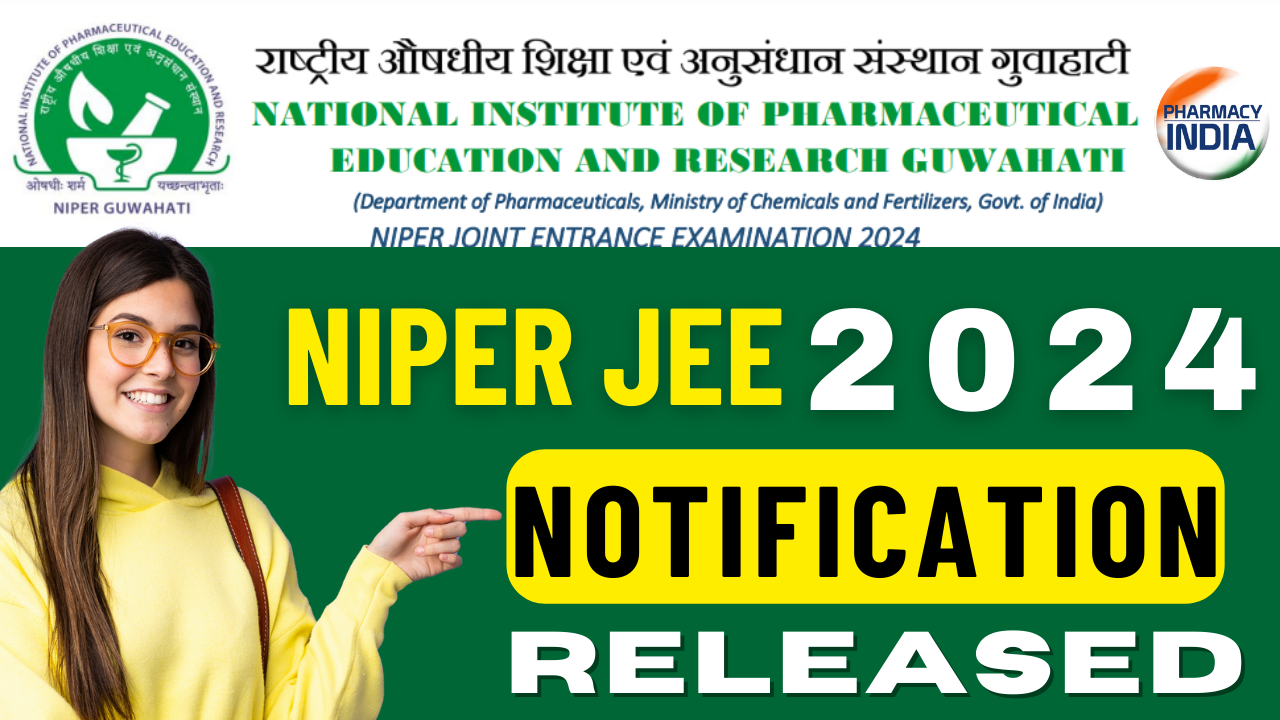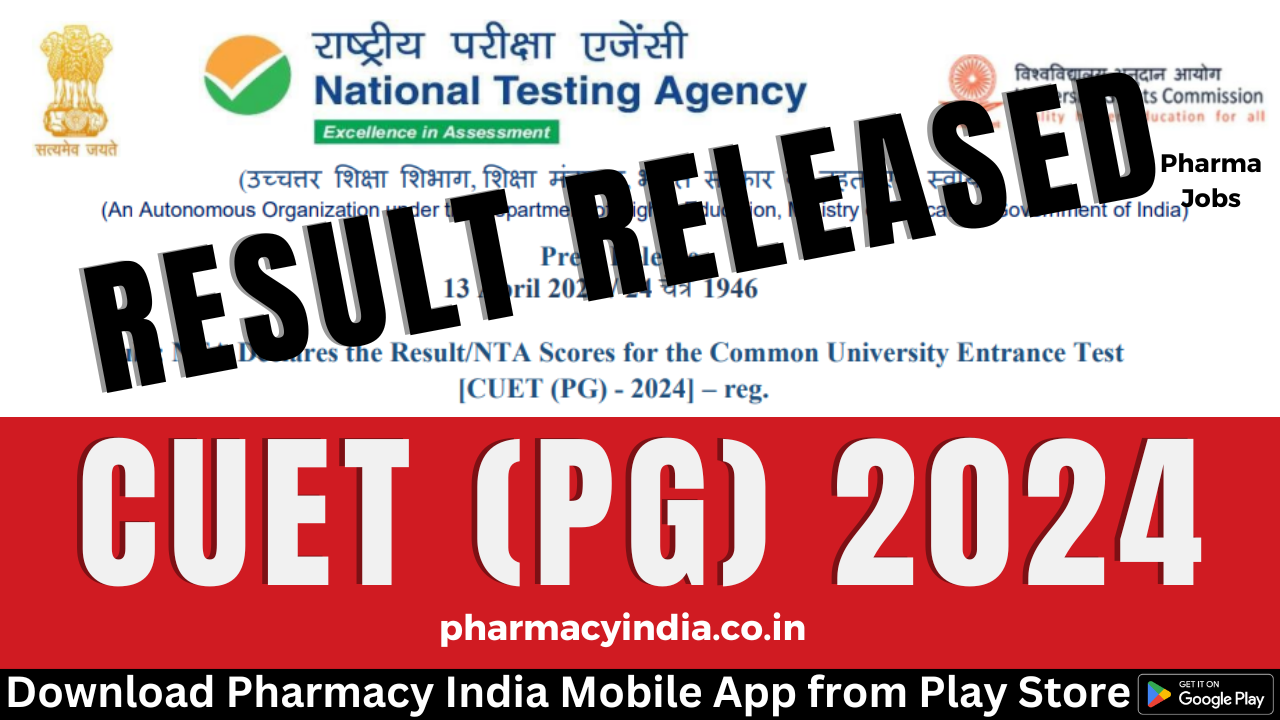The Association of Pharmacy Teachers of India (APTI) demanded that the Union Health Ministry appoint representatives from stakeholder associations like the Indian Pharmaceutical Association (IPA), APTI, and the Central regulatory body CDSCO as additional members to the panel of experts formed to review the Pharmacy Act of 1948. The APTI claimed that the government had given medical professionals unnecessarily greater weight in the panel of experts committee. The two organisations that speak for those involved in the pharmacy profession and pharmacy education in the nation are IPA and APTI. According to APTI, they also provide services and inputs to the regulating body.
Dr. Milind J. Umekar, national president of the APTI, informed the government in a letter to the deputy secretary of the Government of India that the committee must include representatives from various stakeholders because, over the past 75 years, the pharmacy profession has developed into an independent one that is distinct from the medical profession. The IPA and the APTI are the two main stakeholder associations. There should also be representation from the regulatory body, CDSCO, which has been collaborating closely with the Pharmaceutical Act and pharmacy education.
The inclusion of professional associations will ensure a policy conducive to the growth of the profession, according to APTI, which applauds the central government’s initiative to review the Pharmacy Act. Experts who represent these bodies have a thorough understanding of the opportunities and challenges facing the professional sector. The knowledge and experiences of the industry’s top professionals will be used to create a strong regulatory framework that will promote the development of the industry and guarantee that patients’ requirements are properly served.
Dr. Milind later claimed that some states had not received the proper recognition from the expert panel. Maharashtra has more than 400 pharmacy schools and has made significant contributions to pharmacy education, yet no state resident has been listed on the list. Similar to this, medical experts have been given unjustified additional weight. Although there are pillars of the pharmacy profession in every state, like Dr. B Suresh and Prof. Kokate, who are aware of the issues facing the profession and its members, we are not opposed to including medical professionals on the list. On the list, they ought to come first. So, we have asked the government to invite IPA and APTI representatives.
The APTI president responded that Dr. Suresh is a specialist in the pharmacy profession and that his expertise must be used for the benefit of the industry when challenged about the inclusion of Dr. B Suresh, the provost of the JSS University in Mysore and a previous president of the PCI. Dr. B Suresh introduced the Pharmaceutical Practice Regulations (PPR) 2015 to strengthen the pharmacy profession. He continued by saying that the government is aware of this. As this is going on, Dr. Alok, a senior professional in the pharmacy industry and a life member of APTI, has expressed his opinion that there is no need to include medical professionals on the list of expert committee members. He claimed that neither the Nursing Council of India (NCI) nor the Medical Council of India (MCI) have any members with a background in pharmacy. Thus, the PCI review committee does not need to include any medical experts.







